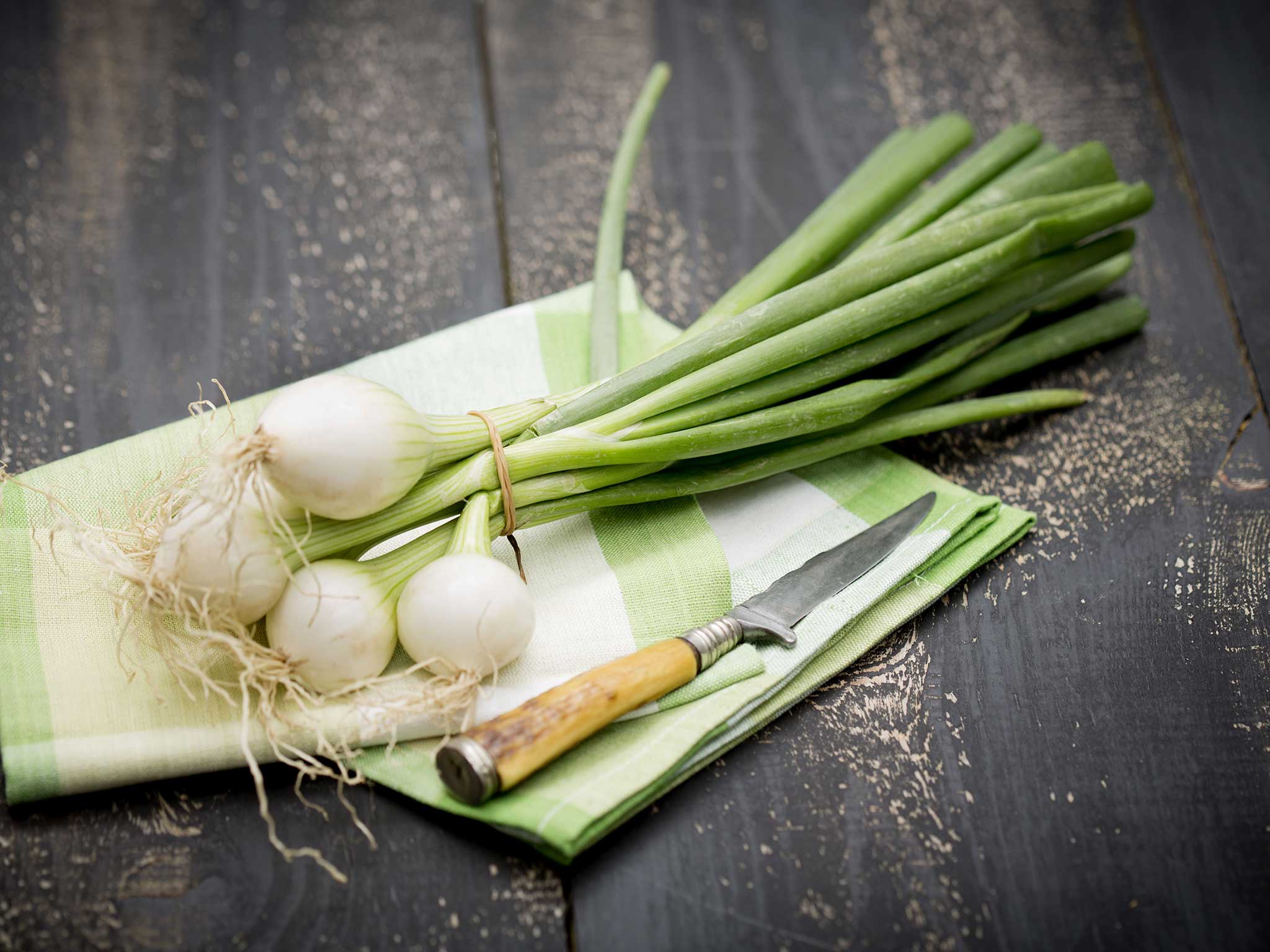Onions or daffodils? It's a case of bad education
Supermarkets were told to keep daffodils away from the fruit and veg sections, in case people get confused and eat the flower instead

Onions matter. I was going to write “whichever way you slice them”, but I’m going to get through this column without resorting to lazy puns. No sweat.
In southern Italy, they matter so much that the Calabrian coastal town of Tropea enjoys an annual August “Festival of the Red Onion”, in which locals celebrate the manifold qualities of their crop.
“The sweet taste, fleshiness and crunchy quality of the red Tropean onion make it one of the most delectable and widely requested products of this area,” says the Festival’s literature. I can personally attest to this, but can’t vouch for its claimed therapeutic qualities. Calabrians point to their low rate of heart attacks as evidence.
In Britain, we are not accustomed to onion headlines. Beef has had its moment, chicken too; butter, cream, coffee, tea, red wine and meat are perennials. Turnips, maybe. It was even World Nutella Day last week. But, onions? Well, that’s as unlikely as kale, gluten or… daffodils! That’s not least because, as everyone knows, the latter isn’t a foodstuff.
Well, so you’d think. Last week, we were informed, in an “earnest attack”, by Public Health England that supermarkets need to keep the spring flower away from the fruit and veg sections, because people are mistaking daffodil bulbs for onions. And, no, it’s not April 1. Apparently, some 63 people have suffered from daffodil poisoning over the past six years alone.
Professor Paul Cosford, PHE medical director, warned: “Daffodils are dangerous if eaten and poisoning can occur as a result,” in a letter to stores. “We are aware of an incident a few years ago in which some shoppers, for whom English was not their first language, bought daffodils and cooked the plants believing them to be something else.”
Let’s take this at face value. If eaten, daffodils can cause abdominal pain, diarrhoea, dizziness, eczema, itchiness and vomiting. Whereas, onions? Even the Tropean variety will do little to adorn the average vase for long.
Who remembers Jamie Oliver’s short-lived 2010 “Food Revolution”? In a scary scene, the cheeky chappie stumped a class of American kindergarten children by asking them to name variously not just an aubergine, but a potato, tomato, cauliflower and beetroot.
Last year an Australian survey revealed that 92% of Aussie children didn’t know bananas grew on plants. More than half could not identify a nectarine.
This matters so much, so obviously, that it is collectively negligent of us to allow our children to grow up so ignorant. It’s scandalous that we’ve allowed the ability to recognise an apricot to become the butt of anti-middle class jokes about Waitrose shoppers.
The disconnect between the packaging of meat and its animal origins is even greater. This threatens not only food culture, but public health and the environment. Watch the excellent Channel 4 series Food Unwrapped. It’s an eye-opener.
So, we need a few less “should have gone to Specsavers” jokes and more public education, particularly at primary school level. But, it’s pointless targeting children in isolation. Their parents undertake the weekly shop. We need nothing short of a revolution in the way that the general public is educated about the health and the food chain. And the only flowers you should contemplate cooking belong to zucchini.
Stefano Hatfield is editor in chief of High50.com
twitter: @stefanohat
Join our commenting forum
Join thought-provoking conversations, follow other Independent readers and see their replies
Comments
Bookmark popover
Removed from bookmarks